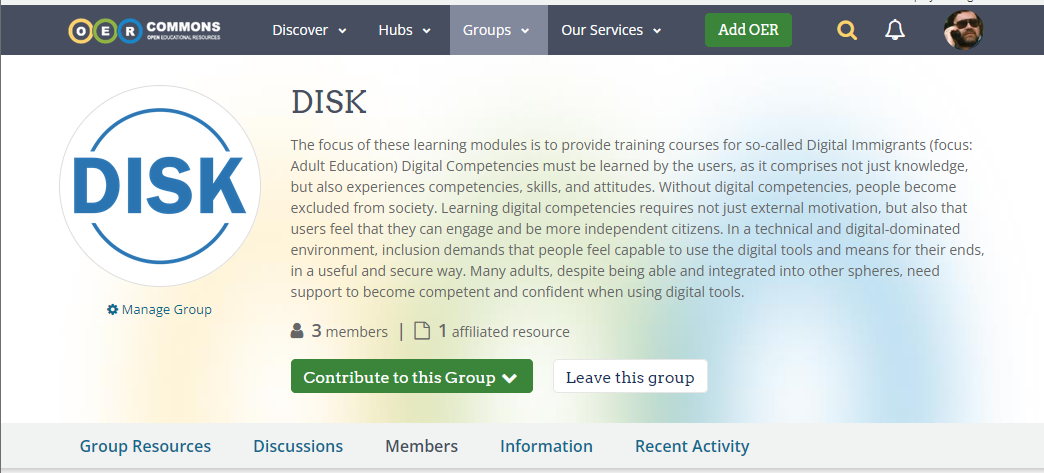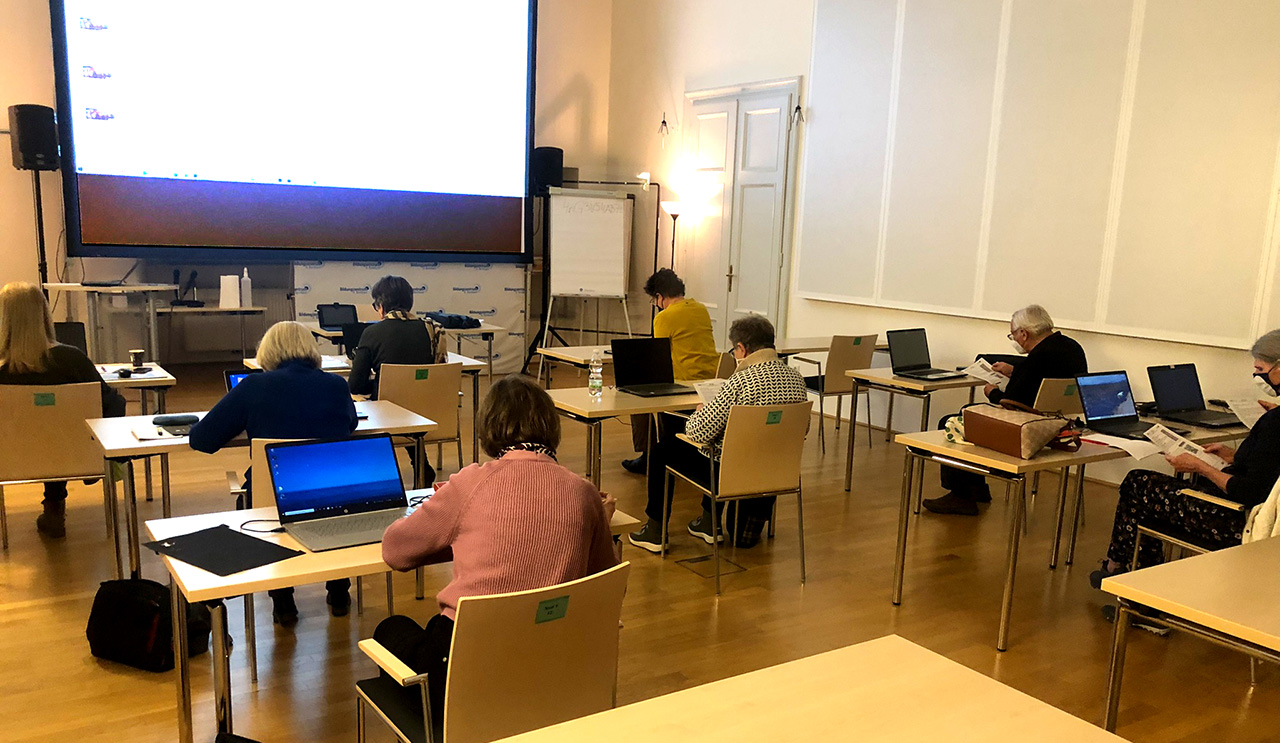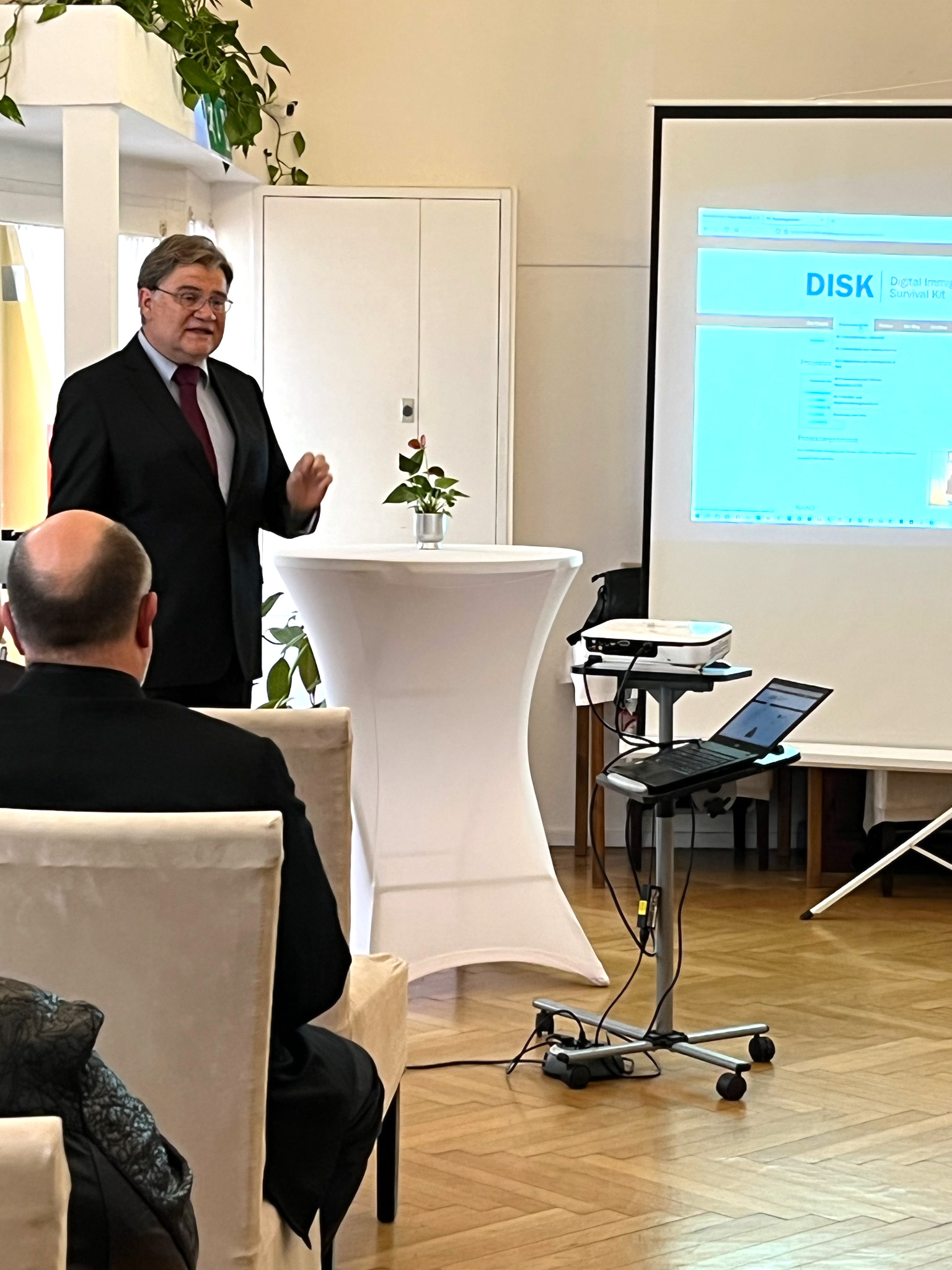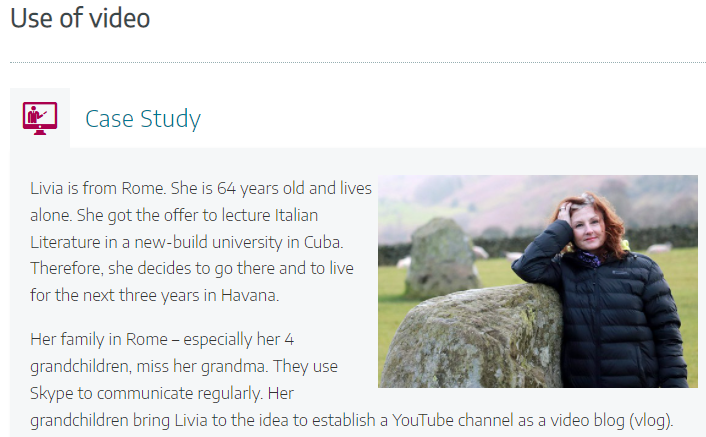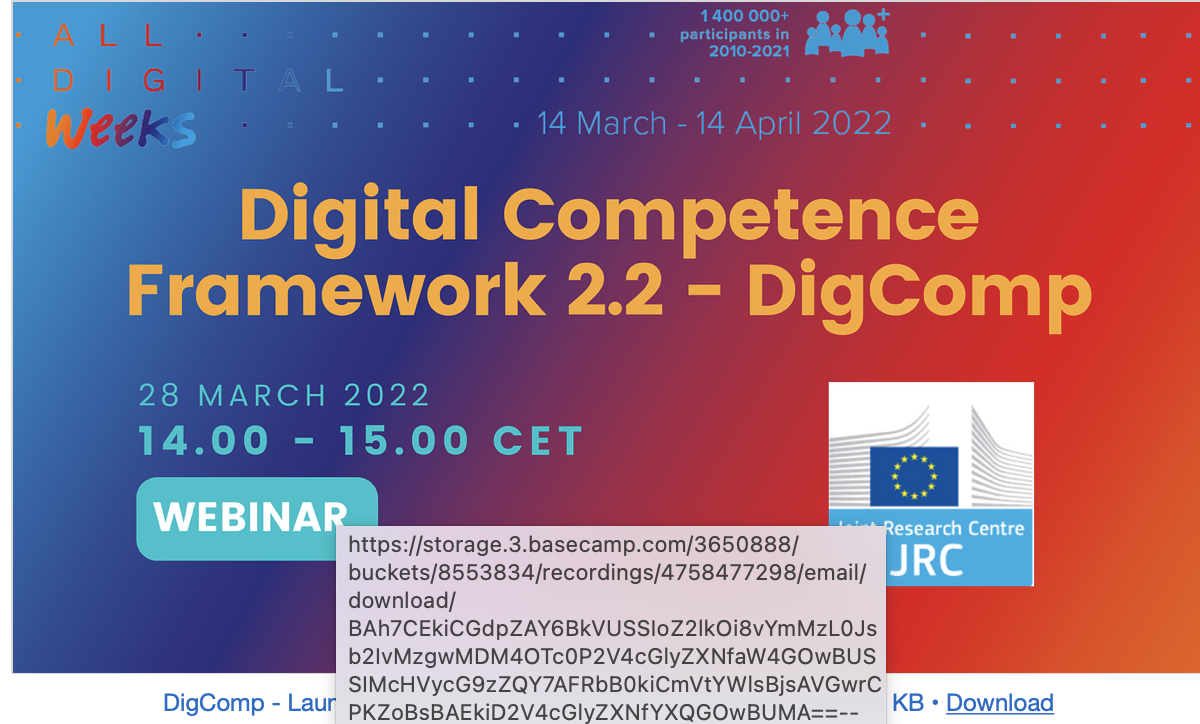
The DigiComPass Project – building upon the DISK results
Empowering European Citizens through Digital Competence: Introducing the DigiComPass Project In today’s interconnected world, digital competence is not just a benefit but a necessity. The European Union’s DigComp 2.0 framework reveals that the average digital competence among well-educated Europeans is 56%. However, this average masks significant disparities among countries, with nations like Italy, Cyprus, Spain, Read More …



